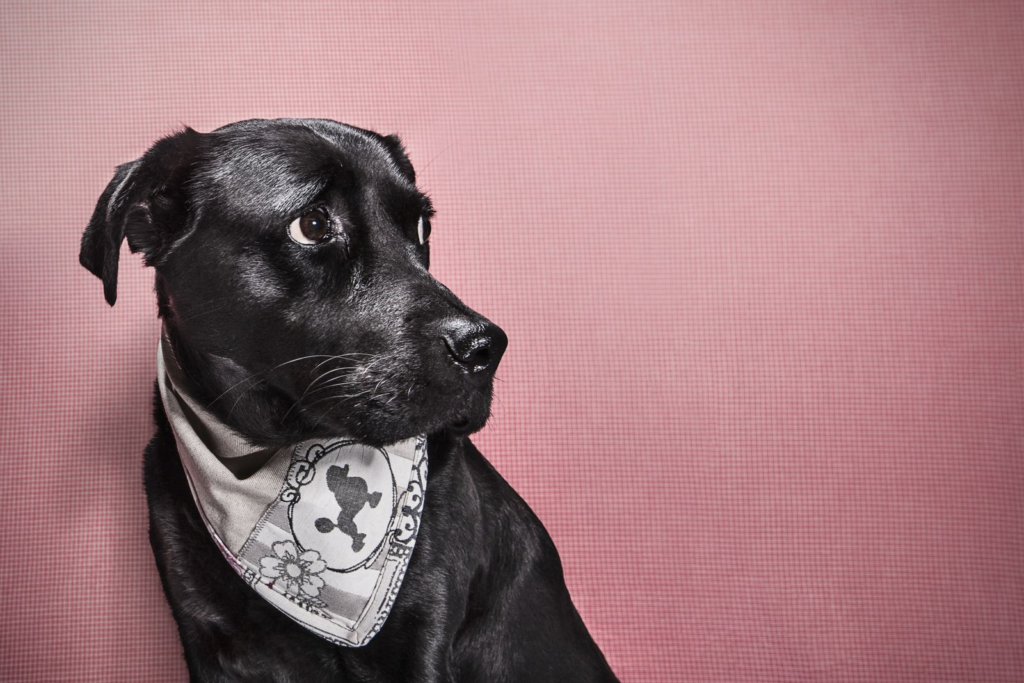Sections
New Research
How much is that green-eyed doggy in the window?
Mary Beth Griggs
Do dogs get jealous? A new study published this week found that yes, in a way, they do.
For their study, University of California, San Diego psychologists Christine Harris and Caroline Prouvost looked at how dogs reacted when their owner ignored them and either read a children’s book, lavished attention on an animated stuffed pooch or played with a plastic pumpkin as though it were a dog.
During the course of the interactions, more than 75% of the dogs touched or pushed their owner when their owner was interacting with the stuffed dog, a sign the scientists interpreted as a display of jealousy, says NPR.
The fact that these dogs seemed like they were trying to draw their owners away from the stuffed animal indicates that they’re feeling something very similar to human jealousy, Harris says.
In the study, the authors raise the idea that the test dogs may have thought the stuffed animal was a real dog, reporting that “86% of the dogs sniffed the anal region of the toy dog during the experiment or post-experiment phases.”
Because dogs can’t tell us exactly how they’re feeling scientists have to rely on visual clues, like snapping, aggression or other attention-seeking behaviors to interpret their emotions. But whether those reactions stem from something akin to jealousy, or some other emotion entirely, is hard to say. Whether or not the behavior can be classed as jealousy, the study might have some practical benefits for dog owners.
“Attention seeking can lead to jealousylike behavior in dogs that includes aggression in some cases,” Brian Hare, a director of the Duke Canine Cognition Center told the New York Times. “So for dogs with suspected aggression problems, it may be important to avoid situations where they feel ignored.”
Laurie Santos, the director of the Canine Cognition Center at Yale told NPR’s Shots Blog that while it was a very interesting study, there were still some problems, including the fact that the researchers didn’t control for the animal’s interactions with the stuffed dog or the pumpkin when the owner wasn’t around:
It could be that the dogs were jealous of the stuffed animal, Santos says. Or it could be that the dogs really distrusted the stuffed animal and were acting out of fear.
But this study does build on previous research that shows dogs react negatively when they’re treated unfairly, she tells Shots. “This is a very new science. We are just developing new tools to better understand animal emotions.”
Get the latest stories in your inbox every weekday.
| |
Mary Beth Griggs is a freelance science journalist based in New York City.
Explore
Subscribe
Newsletters
Content Licensing
Our Partners
Terms of Use
© 2024 Smithsonian Magazine Privacy Statement Cookie Policy Terms of Use Advertising Notice Your Privacy Rights Cookie Settings

